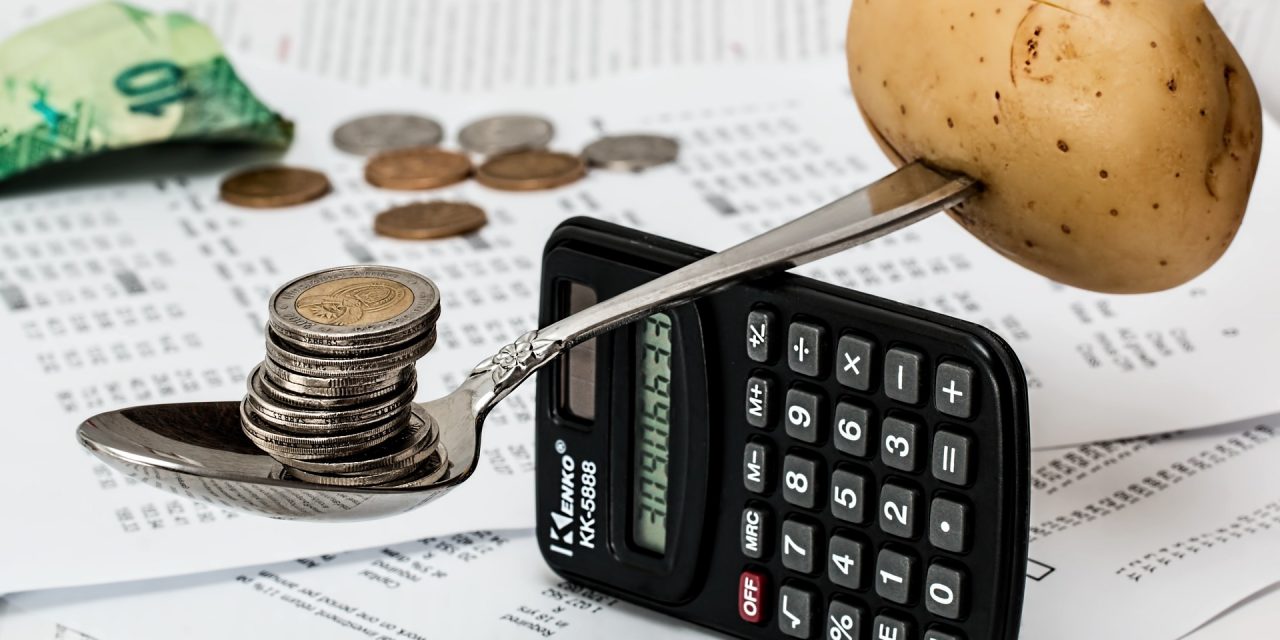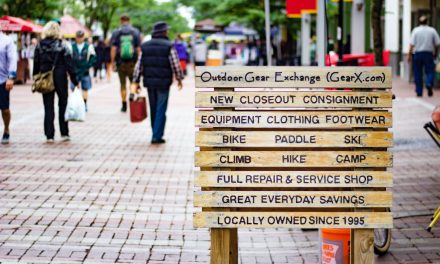A good budget can improve your financial health drastically. When you know how much you’re spending each month, you also know where you can cut back, start building up savings, and more. Of course, if you want to pinch every penny, then you need to make sure that you’re including every expense in your budget – not just the “regular” ones.
While you’re sure to include things like council tax, rent, mortgage, and food bills in your budget, it’s easy to forget about some of the smaller things that don’t immediately come to mind when you’re working out how and where you spend your money. To help you budget more accurately, check out this quick list of the things that people frequently forget when they start tracking their spending.
1. Loan Costs
Most people will need to take out a loan at some point in their lives. For some people, it will be a student loan, for others, it’s a personal loan used to help improve the house or make personal changes. Whatever you borrow money for, it’s important to make sure that you remember to add your minimum repayments into your budget expenses.
To improve the state of your financial situation from day one, remember to compare your loan options before you commit to anything. There are plenty of different loan products out there – each with their own strengths, weaknesses, and specific interest rates to offer.
2. Eating Out
Most people will remember to place food on their budget. After all, it’s hard to forget about that regular trip to Asda, or Tesco. However, it’s important not to forget about the food you might eat that you don’t buy at the supermarket. For instance, if you like to go out for restaurant meals with your loved ones every now and again, make sure that you factor those expenses into your budget.
At the same time, although it might not be as exciting, paying for your lunch every day when you go to work is something you’ll need to think about when you’re figuring out how much you spend. You’d be surprised how quickly those sandwiches add up.
3. Entertainment Costs
We all like to have a little fun at times – but not all entertainment is free. While you might not have to factor the costs of a walk in the park into your budget, you will need to account for nights at bars with your friends, or trips to the cinemas. A lot of people try to cut back heavily in this space when they’re planning their budget and looking for opportunities to save. However, it’s a good idea not to cut down on your fun too much.
If you cut so much enjoyment out of your life that you feel miserable, then you’re not going to want to stick to your budget for very long. Make sure you have an entertainment category in your budget instead, so you can work out how much you can afford to spend on fun activities.
4. Clothing and Care
Even if you’re not the kind of person who gets their hair dyed every other week and loves shopping for clothes, you’re going to need to invest in some self-care from time to time. Remember to take the costs of hair cuts into account, as well as new shoes, jackets, and other essential items of clothing to help you live a more comfortable life.
Budget a little bit out of your income each month that you can put towards paying for your clothing expenses and allow the balance to grow gradually over time. This will help you to keep on top of these irregular expenses.
5. Emergencies and Gifts
Finally, it’s difficult to plan for everything – no matter how organised you are. There’s a good chance that you’ll miss out a few important birthdays and surprise parties on your schedule when you’re planning your monthly budget, so keeping some cash aside for these things can help you to avoid some serious embarrassment.
On the other hand, remember to keep a pile of money safe for anything unexpected that may happen in your day-to-day life. Emergencies can be anything from a car breakdown to a suddenly broken boiler that you need to replace. We all face little emergencies at times and having a little bit of a safety blanket in your budget can help to reduce some of the stress you’re bound to feel.













